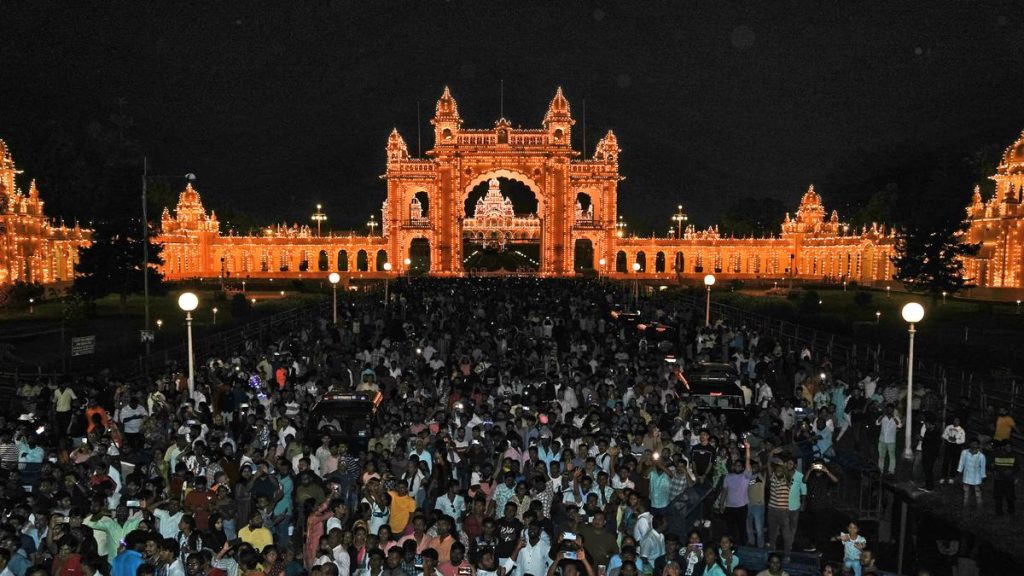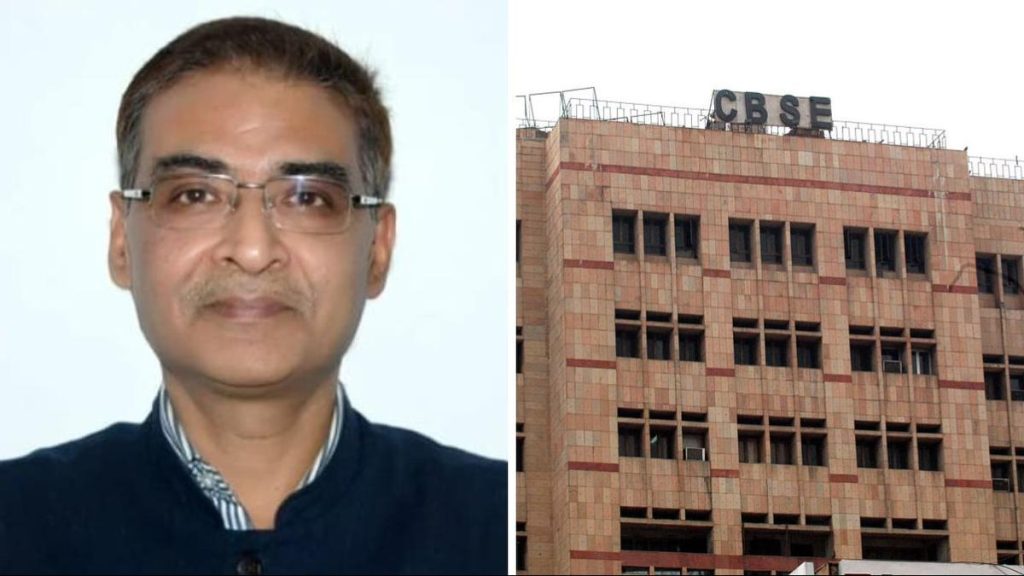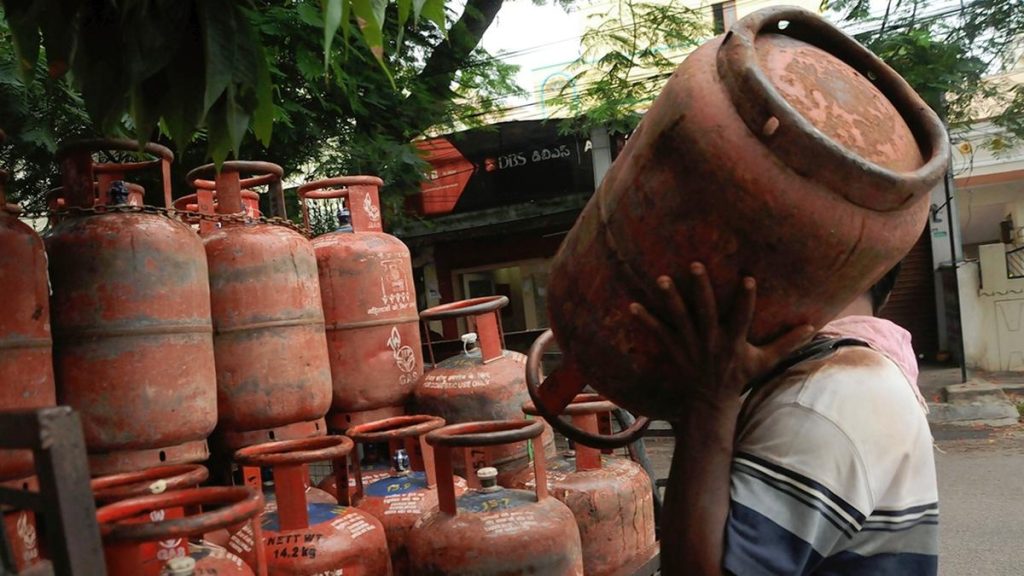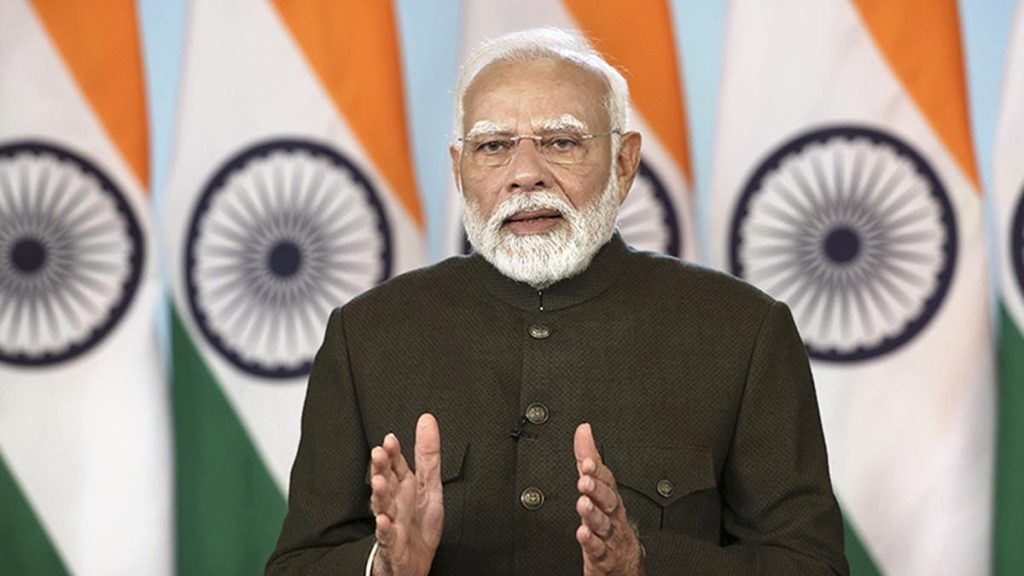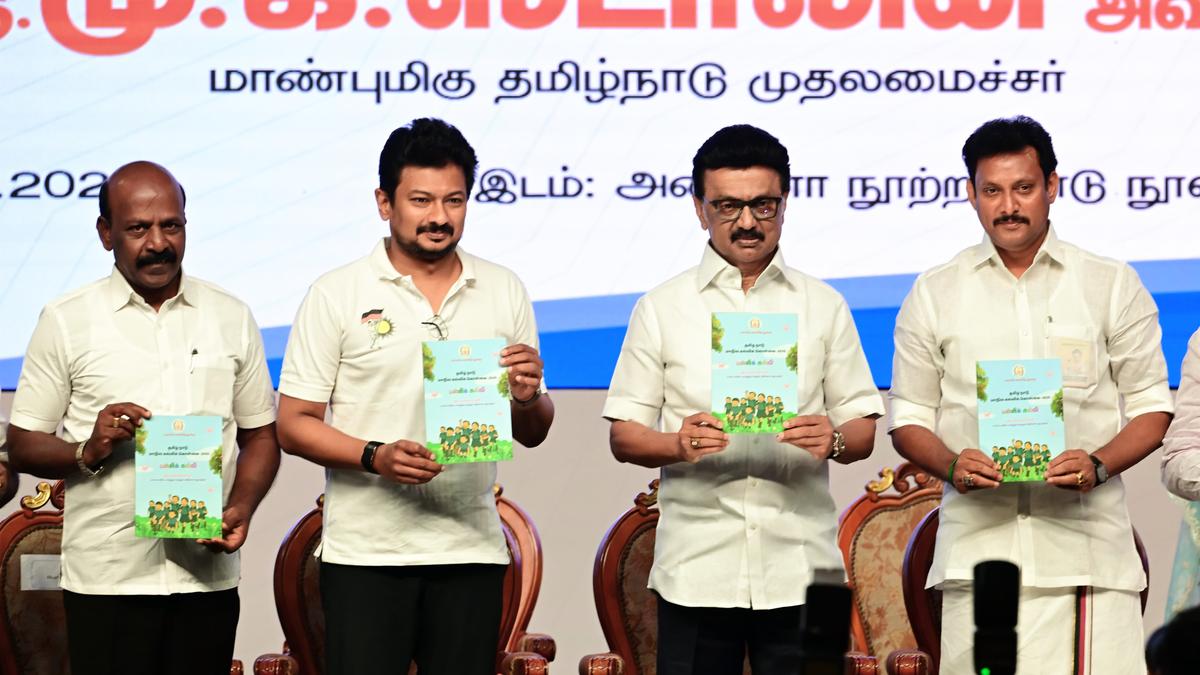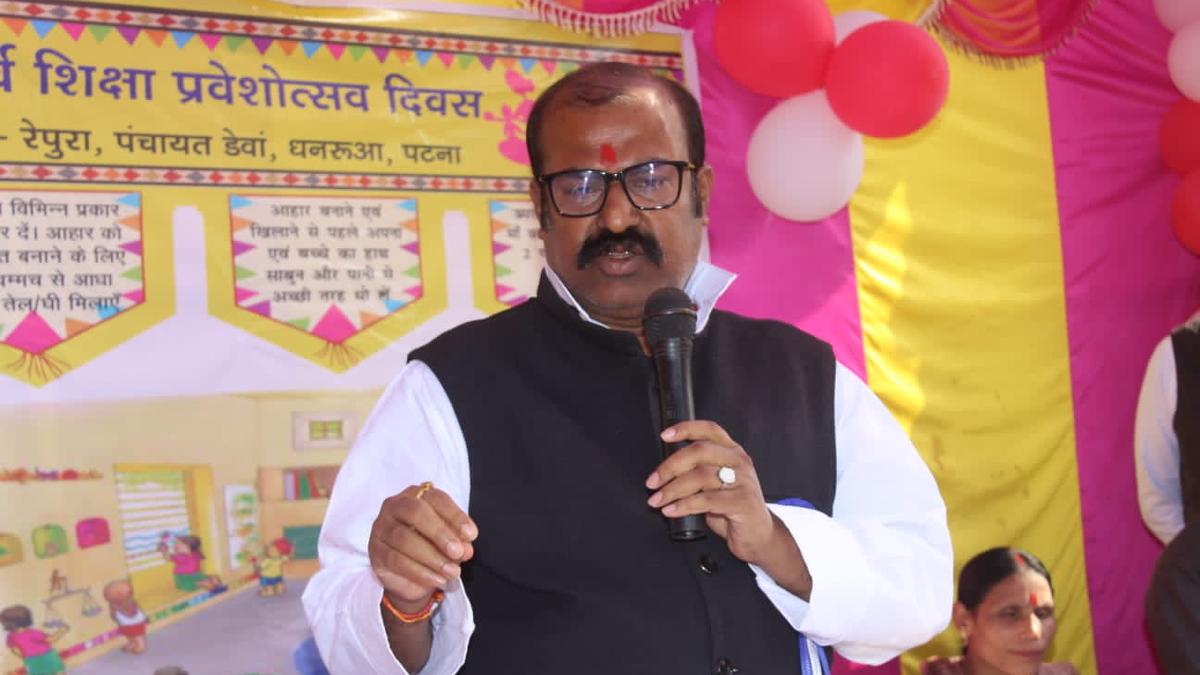Now Reading: ECI’s Demand for Rahul Gandhi’s Oath on Karnataka Roll Manipulation Called Unnecessary: Experts
-
01
ECI’s Demand for Rahul Gandhi’s Oath on Karnataka Roll Manipulation Called Unnecessary: Experts
ECI’s Demand for Rahul Gandhi’s Oath on Karnataka Roll Manipulation Called Unnecessary: Experts
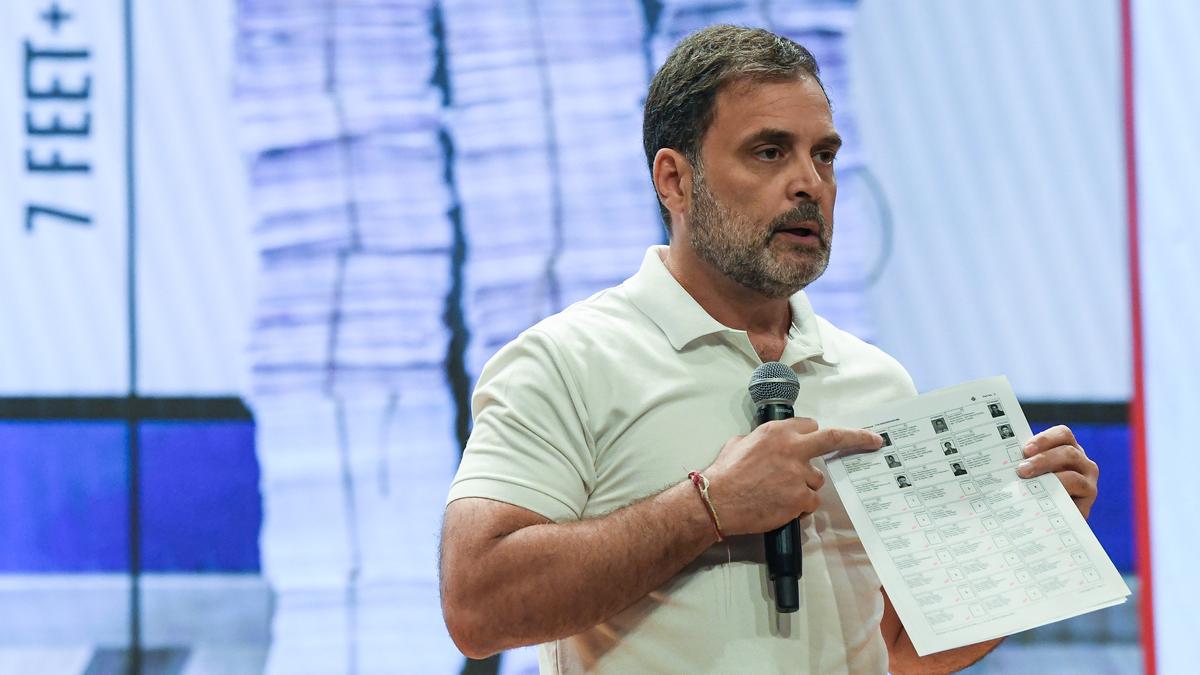
Swift Summary
- Congress MP rahul Gandhi alleged creation of 1,00,250 “fake votes” in the Mahadevapura Assembly Seat in Karnataka during the 2024 Lok Sabha elections to favor BJP.
- Karnataka Chief Electoral Officer asked Mr. Gandhi to submit evidence under oath citing Rule 20 (3) (b) of the Registration of electors Rules, 1960.
- Constitutional and Electoral Law experts argued that the rule invoked does not apply since it is valid only for complaints raised within 30 days after draft electoral rolls are published.
- Former Chief Election Commissioner O. P. Rawat stated the rule is applicable primarily in cases like bihar’s Special Intensive Revision program for electoral rolls.
- Legal experts criticized ECI’s response, with Kapil Sibal calling it a “joke,” arguing that no inquiry can take place under this rule due to its time applicability lapse.
- Constitution Law expert P.D.T Achary emphasized that ECI should investigate serious fraud allegations as part of its constitutional mandate under Article 324.
Indian Opinion Analysis
The conflict between Congress MP Rahul Gandhi and the Election Commission over voter roll fraud allegations highlights pressing concerns about openness in India’s electoral process.While Mr. Gandhi’s accusations point toward important manipulation potential, experts assert that invoking outdated rules by state officials may undermine confidence in addressing such claims effectively.
This case raises broader questions about institutional accountability and mechanisms for investigating alleged voter fraud post-election-a gap policymakers may need to bridge urgently. As parties debate procedural technicalities rather than substantive issues surrounding alleged vote tampering, attention must return to ensuring credible democratic practices across India.
Read more: Election Commission response on Rahul Gandhi’s complaint


